Event: Music encoding related session at Teaching Music History Conference 2021
The 2021 Teaching Music History Conference, organized by the Pedagogy Study Group of the American Musicological Society, will be held virtually from June 14-18 and June 21-25. All presentations are scheduled for 4:00-5:30 PM (EST). You may view the program at https://tinyurl.com/tmhc2021. There is a session of interest to the MEI community on Tuesday, June 15.
The conference is free to attend! Please register at https://tinyurl.com/TMHC2021reg to stay informed and receive the Zoom link.
Teaching Music History Conference 2021
Session: Using New Technologies to Enhance Teaching
Tuesday, June 15 (4:00 – 5:30 PM)
Session Chair: Timothy Cochran (Eastern Connecticut State University)
4:00 PM (EDT) – The Song’s Opening – Mark Gotham (Universität des Saarlandes & fourscoreandmore.org)
One defining development of the digital age is increased accessibility – more content is available to more people than ever. This session presents new digital resources for increased diversity and accessibility in music teaching, starting with the OpenScore Lieder Corpus, a collection of over 1,000 songs encoded by an academic-community collaboration and released under a licence that enables all use-cases including playback, transposition, and ‘music-minus-one’ directly in the webpage. This collection is powerfully inclusive. First, the additional functionality (beyond print or PDF) makes it easier for anyone who is not an expert score reader to engage with these songs. Re-doubling the significance of that accessibility is the greater diversity of repertoire presented, including many songs that have never been published or recorded. This aids the historical discussion of nineteenth century musical practice, framing the scope in terms of a genre particularly open to all; less dependent on centralised, professional routes such as publication.
Building on this corpus to more specific pedagogical ends are: the ‘Working in Harmony’ app (offering automatic feedback on users’ Roman numeral analyses), and an associated Harmony Anthology I have produced for the Open Music Theory Textbook v2. This new kind of anthology harnesses computational methods to present a much larger collection of examples (deliberately including edge-cases), feature the work of many analysts, and provide links to full scores for all entries. This enables a freer exploration of historical harmonic languages and how they vary from composer to composer and over time.
4:30 PM (EDT) – Encoding Schnittke: A Co-Curricular Experiment in MEI – Joy Calico (Vanderbilt University), Jake Schaub (Anne Potter Wilson Music Library, Vanderbilt University)
In S2020 a music librarian and a musicology faculty member led a co-curricular seminar that taught four undergraduates to encode an Alfred Schnittke MS, recently acquired by their institution’s Special Collections, using the Music Encoding Initiative (MEI). Our intention was to use this seminar as the first step in a long-term project to develop a linked open data resource for research on Schnittke, and provide subsequent cohorts of students with an opportunity to learn music encoding skills while contributing to that project and fulfilling co-curricular research requirements. This paper (1) describes the process whereby we developed the program using both institutional and external resources; (2) assesses our successes and failures, both pedagogical and programmatic; and (3) shares teaching materials that others could use to teach MEI in different classroom contexts.


